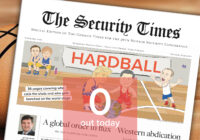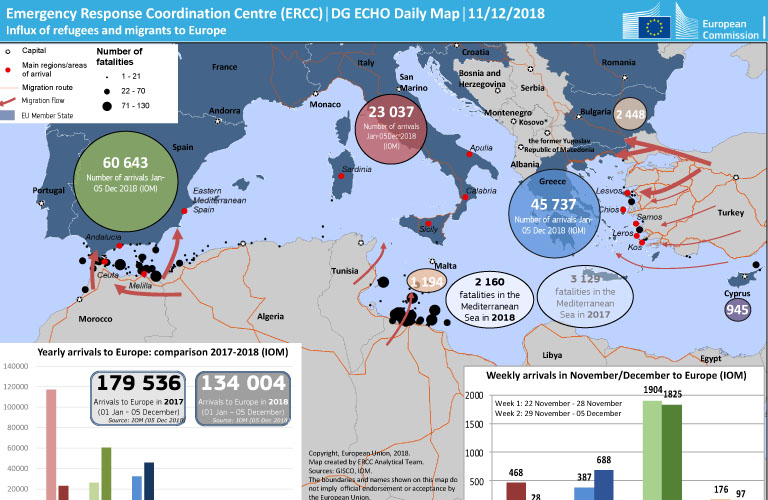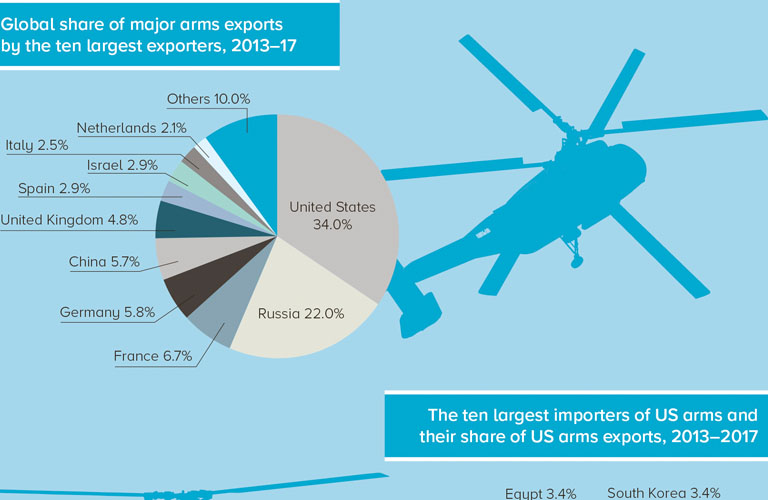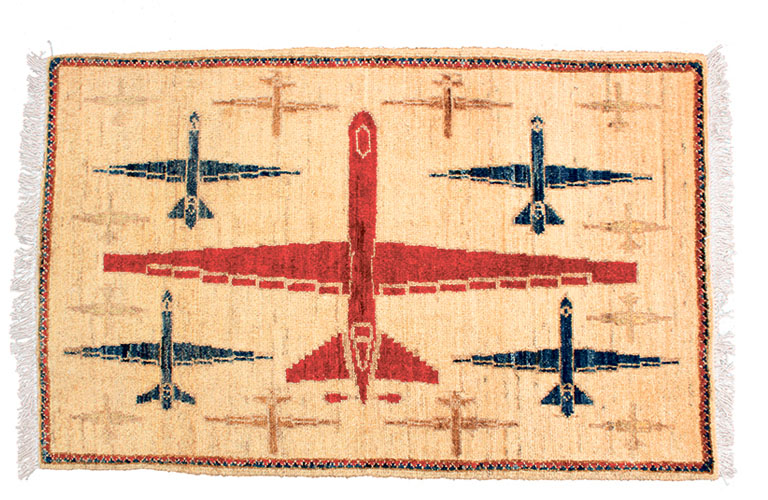In Europe, 2019 was the year of artificial intelligence (AI). Governments put together expert groups, organized public debates and published national strategies designed to grapple with the possible implications of AI in areas such as health care, the labor market and transportation. European countries developed training programs, allocated investment and made plans for research cooperation. In 2020, the challenge for governments will be to show that they can fulfill their …









